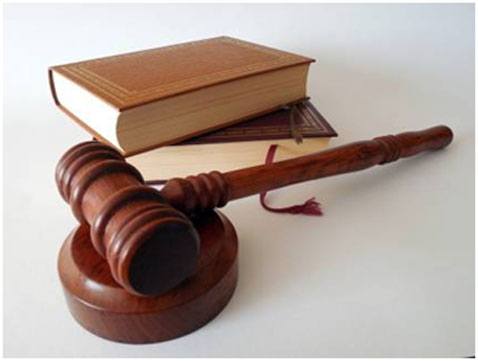The U.S. Supreme Court has declared race-conscious admissions programs at Harvard University and the University of North Carolina unconstitutional, citing the 14th Amendment’s equal protection clause. Chief Justice John Roberts, joined by the court’s conservative majority, stated that eliminating racial discrimination requires completely eradicating race-based admissions. While the court has previously allowed limited consideration of race, Roberts emphasized that such programs must adhere to strict scrutiny, avoid racial stereotypes, and eventually come to an end. Unfortunately, respondents’ admissions systems failed to meet these criteria.
Chief Justice Roberts highlighted that race-conscious admissions have had unintended consequences, leading to a decline in Asian American admissions and viewing race as a negative factor for this group. Moreover, he criticized the perpetuation of a “pernicious stereotype” that Black students possess unique qualities that white individuals do not. However, the court acknowledged that race could still be a valid consideration if applicants discussed its impact on their lives, such as experiences with discrimination or sources of inspiration.
The implications of this landmark decision are vast, as according to Harvard’s brief, approximately 40% of all U.S. universities currently factor race into their admissions processes. The ruling has sparked mixed reactions, with supporters of affirmative action expressing concern that it represents a significant setback in addressing racial disparities in education.
See also: Law Schools Shaping the Future Amid Affirmative Action Uncertainty
In a dissenting opinion, Justice Sonia Sotomayor expressed her dismay at the decision, arguing that it rolls back decades of progress and restricts the limited use of race in college admissions to achieve vital benefits. Similarly, Justice Ketanji Brown Jackson defended race-conscious admissions, pointing to ongoing “gulf-sized race-based gaps” in health, wealth, and well-being perpetuated across generations. She asserted that holistic, race-based admission programs are justified in attempting to address these disparities.
Trust BCG Attorney Search to connect you with top legal employers in your area. Search now!
The group Students for Fair Admissions brought the case before the Supreme Court, which contended that Harvard’s program violated Title VI of the Civil Rights Act of 1964, prohibiting discrimination in programs that receive federal financial assistance. The group also argued that the University of North Carolina’s admissions program, being a public university, violated the 14th Amendment’s equal protection clause.
Notably, the court clarified in a footnote that discrimination that violates the equal protection clause also contravenes Title VI. The American Bar Association (ABA) President, Deborah Enix-Ross, released a statement expressing concern over the ruling. The ABA has historically supported affirmative action and the consideration of race as one of many factors in law school admissions. Enix-Ross stressed the importance of finding alternative ways to create diverse and talented student bodies, especially in law schools, where a diverse bench and bar play crucial roles in minimizing implicit bias and fostering public trust in the rule of law.
The ABA had urged the Supreme Court to uphold its 2003 decision in Grutter v. Bollinger, which recognized that colleges and universities could use race as one factor in admissions decisions. While the recent ruling does not expressly overturn Grutter or prohibit all race-based affirmative action, it severely restricts universities’ ability to consider race in their admissions processes.
The Law School Admission Council (LSAC) expressed deep disappointment with the decision in its statement. The LSAC is committed to expanding access to legal education and supporting member law schools in their efforts to advance law and justice through holistic admission processes that consider the entire applicant.
The Supreme Court’s decision to strike down race-conscious admissions programs at Harvard and the University of North Carolina has significant implications for college admissions policies across the United States. The ruling brings into question the future of affirmative action and may prompt universities to seek alternative methods for promoting diversity while adhering to constitutional guidelines.
Don’t be a silent ninja! Let us know your thoughts in the comment section below.










































